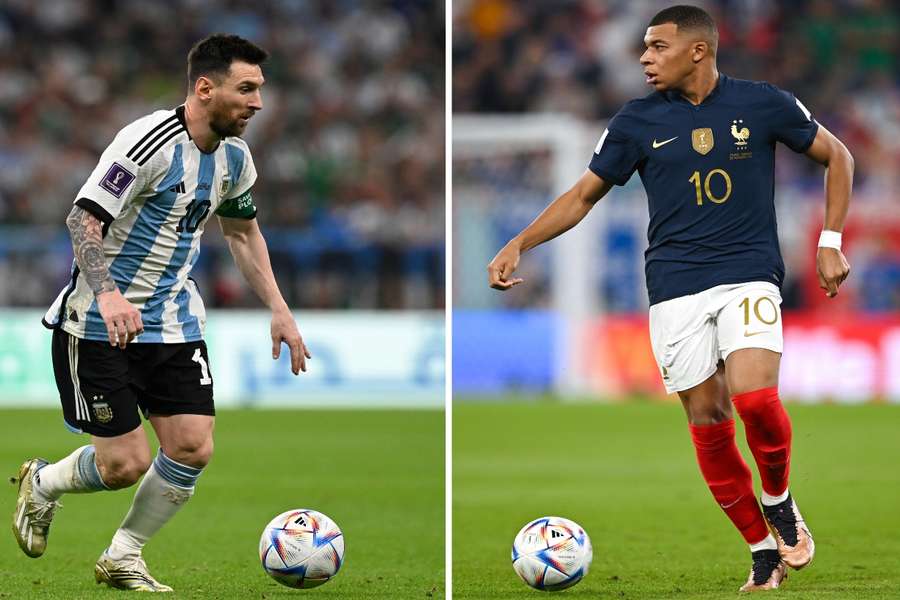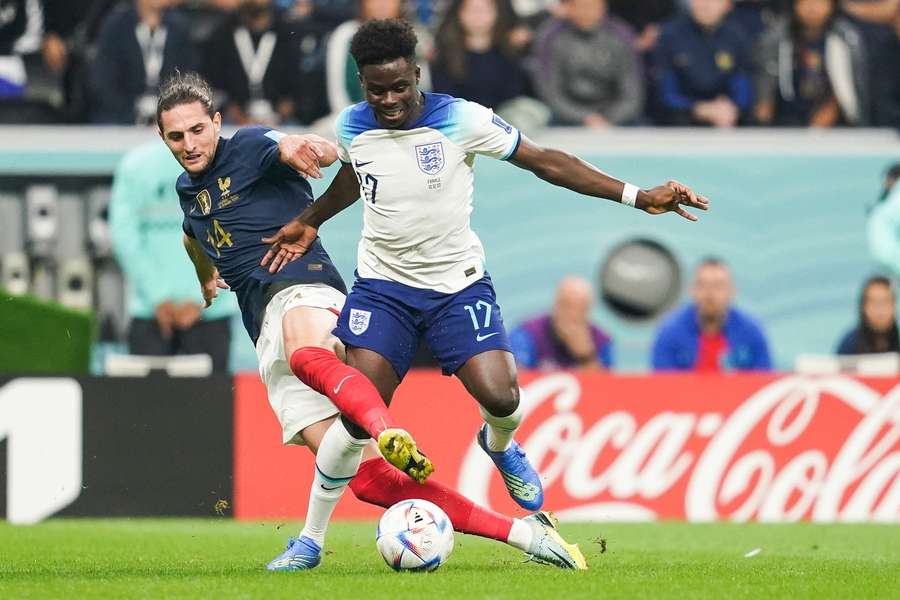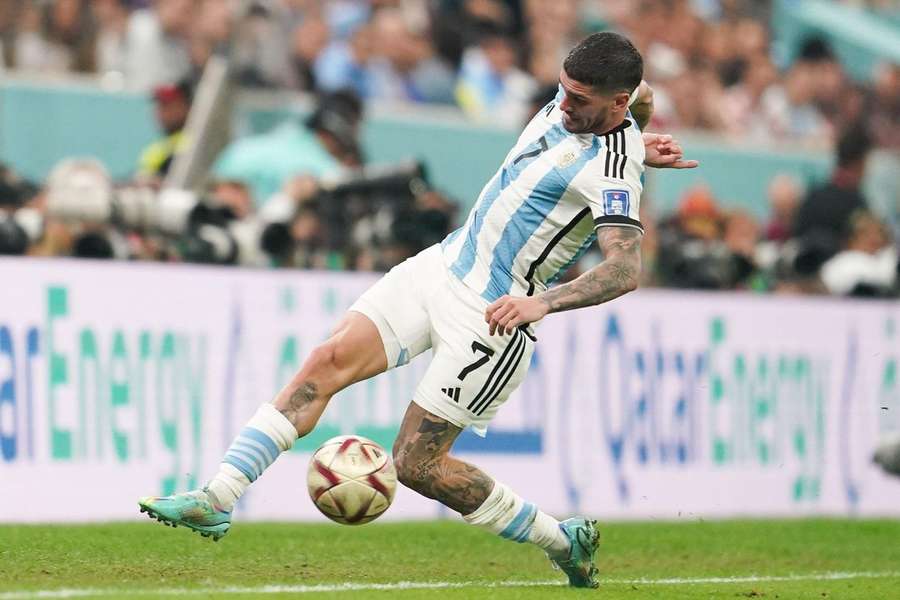11Hacks data analysis: Messi v Mbappe in the World Cup final

And speaking of space, all the focus will be on the same side of the pitch where the most important things will be happening. After all, Messi likes to operate in the exact same spaces that Mbappe tends to leave unattended during his offensive forays, and the same is true in reverse. So we may well be in for a cautious game from both teams initially as they mitigate the risks of attacking.
France will play a low block in a 4-3-3 formation and will be careful that Mbappe, along with Theo Hernandez, does not leave too much space for Messi and his runs in behind the defence. Argentina won't want to attack mindlessly through these spaces either, as they could quickly find themselves in an awkward situation after losing the ball. France's offensive power is simply too great in these areas to ignore.
While Antoine Griezmann is called on to defend along with creating play, Mbappe has been freed from any defensive duties in the tournament. He records only 1.8 defensive actions per game, which is clearly the lowest number among midfielders who have played at least 270 minutes of play at the tournament.
For example, Hakim Ziyech, who faced Mbappe in the semi-finalthe semi-final, has performed eight such actions a match. What's more, you won't see the French speedster in his own third of the pitch at all - on average he touches the ball only 0.7 times per game in that zone. Theo Hernandez, who is great going forward, is therefore often exposed to an overload, and these are the moments when other players must help him out defensively.

Adrien Rabiot is a key figure for France in this regard, and although he hasn't been talked about too often during the tournament, he definitely deserves more attention.
In fact, in the advanced data metric that evaluates how effectively a player stops opponents' runs, dribbles and passes, he is the best defensive midfielder in the tournament by a clear margin.
Behind him in this metric are the likes of Casemiro, Amrabat, Neves, Brozovic and Partey.
How often opponents look to attack the Mbappe-side was clearly seen in France's semi-final. Morocco sent 53% of their offensive actions down this channel - the highest proportion of any match played so far in the championship. Rabiot did not appear on the pitch at all due to illness and his possible absence from the final will weaken France noticeably if he can't play.

Lionel Messi has his own bodyguard. The fascinating thing is that he is one of the most creative players in the top five football leagues. Rodrigo de Paul has worked magic with the ball at his feet both during his time in Serie A and more recently at Atletico Madrid.
Despite that, De Paul has been one of the best defensive midfielders at the World Cup.
The interesting thing is that De Paul just isn't that type of player in club football. And it is this willingness of Argentina's players to adapt and sacrifice for the team that is one of the main reasons why Lionel Scaloni's side works so well not only upfront but also almost just as flawlessly in defence.
The Argentine manager is used to changing his formation during the tournament depending on the opponent he is playing, unlike Didier Deschamps. Mbappe's collaboration with Hernandez down the right-hand side could potentially be the impetus for another tactical change by Argentina but we will have to wait and see how they line up.
Equally difficult to predict is who will eventually become the world champion in today's game. According to the best predictive models, both teams have almost identical chances of winning. And both have a player in their midst who can almost single-handedly change the course of the match. It surely promises to be an enthralling contest.
Follow all the action from the World Cup final on Flashscore.

